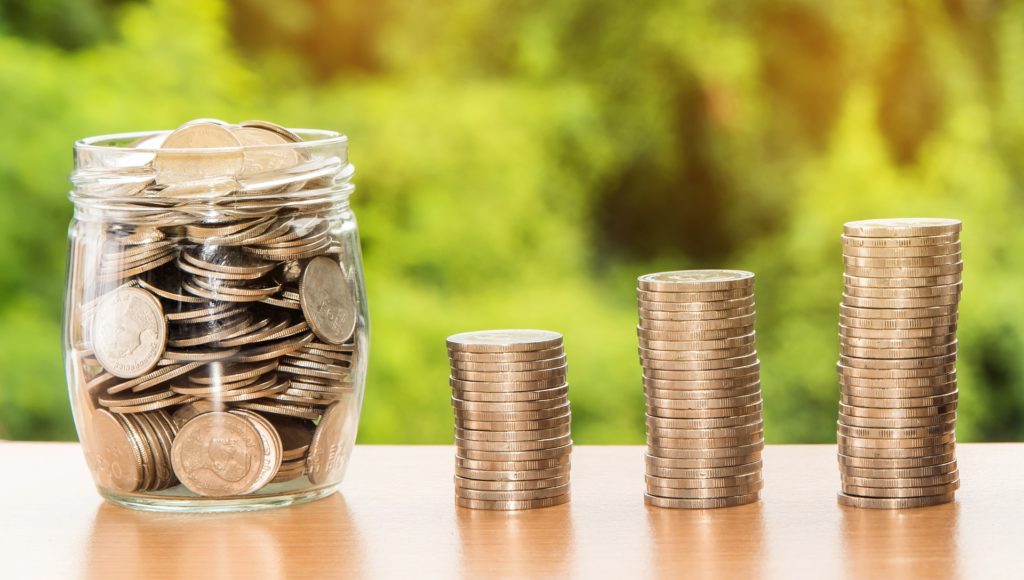The COVID-19 pandemic keeps harming the world’s economy and many countries are starting to plan measures to counter its economic impact. Loans are one of the ways governments are helping the more ravaged sectors. Sadly, the cannabis companies are being excluded from these economic packages. Companies’ owners are raising awareness around the world asking politicians to take them into consideration.
The cannabis sector is excluded from coronavirus loans


Governments and central banks are pouring money into the world’s economy, in the hope of containing the effects of the coronavirus pandemic on the global economy.
In Germany, boastful announcements come from Altmaier and Scholz, but are not processed for weeks and the entrepreneurs go bankrupt in the European country. Meanwhile, the United States of America has already transferred a lump of dollars to every citizen.
If you want to know more about how many governments are ignoring the cannabis sector in these difficult times, how not receiving loans could bankrupt many cannabis companies and to find out the latest hemp news, download the Hemp.im mobile application.
German and American politicians are ignoring the cannabis industry
Furthermore, the Small Business Administration (SBA) now has a special credit program for smaller companies. However, because cannabis has now been banned at the federal level in the USA, the cannabis industry will probably not get these much-needed corona loans. Even indirect business partners of the industry are affected by this arbitrariness.
This situation is made clear by those responsible at the Small Business Administration (SBA). The companies operating in the cannabis sector can forget about a loan, have to take care of themselves and are treated like second-class, semi-criminal companies.
So far, the cannabis industry in the USA has created hundreds of thousands of jobs, generated billions in taxes and enjoyed a high level of popular support in recent years.
The planners and strategists around president Donald Trump simply ignore this. German politicians are also ignoring the cannabis industry, relying completely on ideology, and practically destroying the cannabis business together with the virus from China.
Cannabis companies are alone during the crisis
These are some examples of the companies which will not get any loans from the government:
- Cannabis shops that sell hemp and cannabis as luxury food or medicine.
- Hemp farmers with the appropriate farms and procedures on the field or in the indoor hall.
- Processing plants that produce food and beverages such as concentrates or hemp.
- Companies that are indirectly involved in the cannabis industry, such as manufacturers of LED lamps for growing cannabis, irrigation specialists or soil experts.
- Laboratories that test hemp and its related products.
- Advertising agencies with anything related to cannabis in their portfolio.
- Consultancy firms that lobbies on hemp and cannabis or advises the management on legal issues related to this sector.
- Finally, cannabis industry shops that don’t have cannabis or hemp in their inventory but sell bongs, papers and vaporizers could also end up on this exclusion list.
In Germany, it’s only worse. There, the cannabis industry is not only financially ignored during these difficult times but should also expect arbitrary raids even against customers.
Government fines could harm even more the cannabis sector
High fines from the government are particularly popular at the moment and are often proclaimed, so a cannabis company making false claims is fined up to $250,000 when applying for a credit that could help sustain the business and future endeavors. In addition, these numbers can go even higher, of course, with applications directly to federal authorities it can go up to a million dollars.
Absurdly enough, cannabis companies pay taxes and social security contributions, they also pay taxes for their employees, but in times of need, they are treated like dirt. This is a little surprising for the USA, where capital and innovation are important. In Germany, arbitrariness, fake news and persecution of cannabis are commonplace among politicians like Merkel and Söder.
__
(Featured image by Nattanan Kanchanaprat from Pixabay)
DISCLAIMER: This article was written by a third party contributor and does not reflect the opinion of Hemp.im, its management, staff or its associates. Please review our disclaimer for more information.
This article may include forward-looking statements. These forward-looking statements generally are identified by the words “believe,” “project,” “estimate,” “become,” “plan,” “will,” and similar expressions. These forward-looking statements involve known and unknown risks as well as uncertainties, including those discussed in the following cautionary statements and elsewhere in this article and on this site. Although the Company may believe that its expectations are based on reasonable assumptions, the actual results that the Company may achieve may differ materially from any forward-looking statements, which reflect the opinions of the management of the Company only as of the date hereof. Additionally, please make sure to read these important disclosures.
First published in THC.Guide, a third-party contributor translated and adapted the article from the original. In case of discrepancy, the original will prevail.
Although we made reasonable efforts to provide accurate translations, some parts may be incorrect. Hemp.im assumes no responsibility for errors, omissions or ambiguities in the translations provided on this website. Any person or entity relying on translated content does so at their own risk. Hemp.im is not responsible for losses caused by such reliance on the accuracy or reliability of translated information. If you wish to report an error or inaccuracy in the translation, we encourage you to contact us.



Comments are closed for this post.